We primarily head out into nature to enjoy some peace and quiet, or just the sound of a babbling brook. Unfortunately, even nature’s sounds are becoming more difficult to hear. Especially in our National Parks, National Reserves, and National Monuments.

According to a study conducted by Colorado State University and the National Parks Service, noise levels in some of the National Parks are twice as high as the natural sounds. Among the 21% of places studied, human noise had risen to 10 times louder than background noise like wind, creeks, and birds.
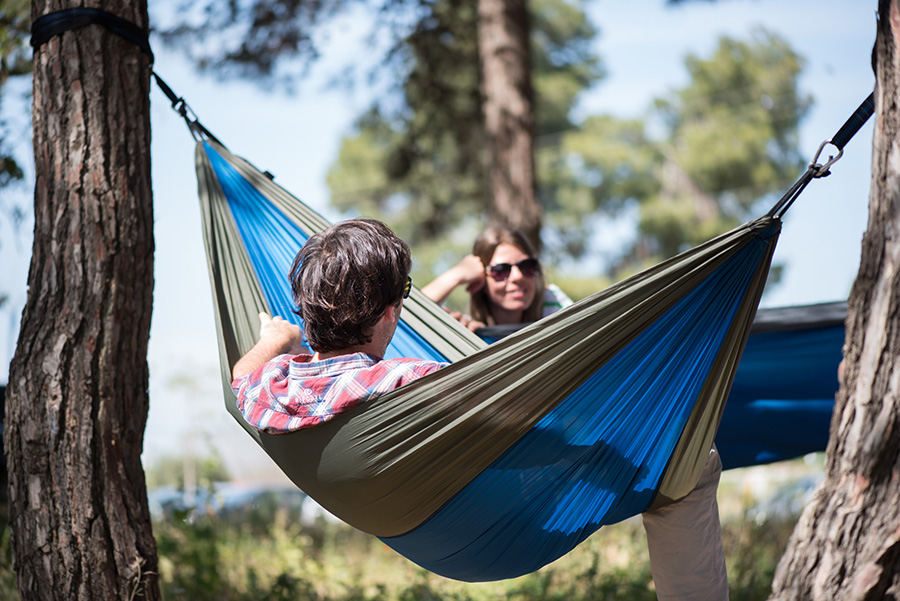
Gfreimann, CC BY-SA 4.0, via Wikimedia Commons
Their study was conducted at 400 locations around the country. The noisiest parks were found to be near shorelines such as Florida, and metropolitan areas with airports in the Eastern U.S.
Consequently, the quietest parks were determined to be out west. However, there are still some places where you can still take your RV or trailer and enjoy some silence and solitude. Just remember to keep your own human noises down by turning off your generator, radios, and engines.
1. Great Basin National Park, Nevada
Ranked as one of the least visited parks in the country, Great Basin National Park is not only super quiet but also really dark. As a designated International Dark Sky Park, the stargazing at Great Basin is stellar. The reason for this is that the park is located nearly 250 miles away from any major city.
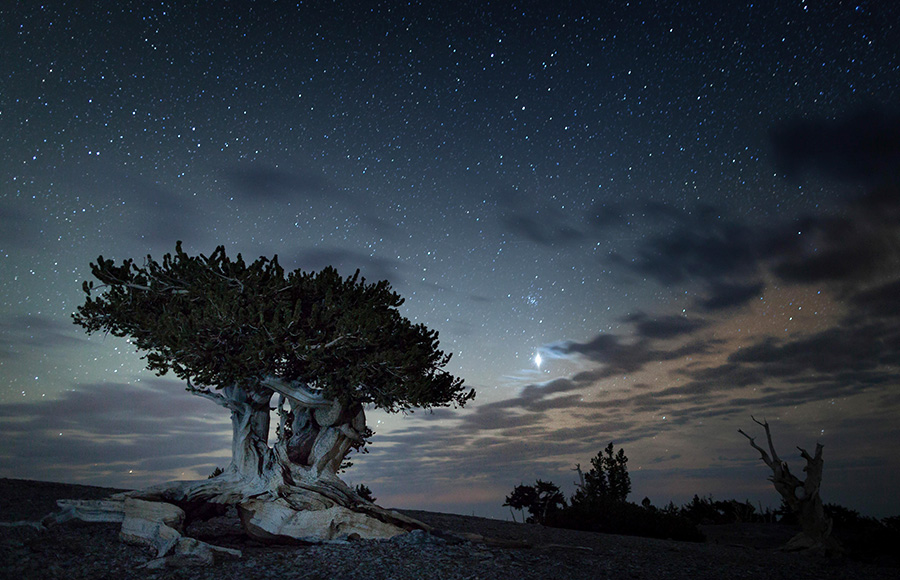
It takes a lot of driving to get to its remote location, and as a result that keeps most of the crowds away. The best campgrounds at Great Basin for RVers are at Lower Lehman Creek and Upper Lehman Creek.
2. Olympic National Park, Washington
Olympic National Park is only about two hours from Seattle, but surprisingly it’s been noted as one of the quietest places in the country. The park has nearly one million acres of varied terrain—from rainforest to mountains and coastline—which all seem to break up the noise.
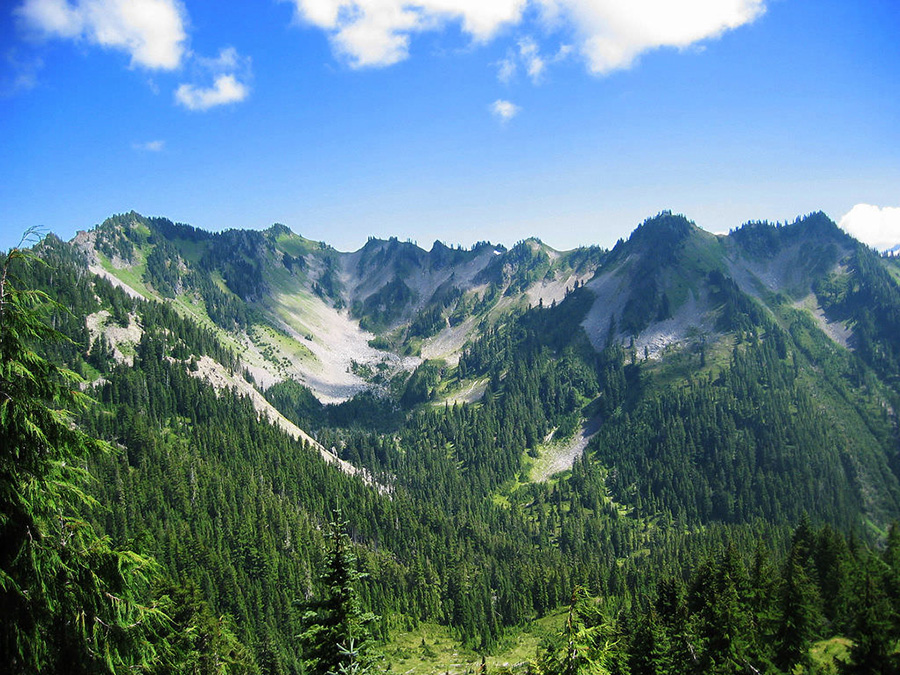
The nearly constant rain can also drown out man-made noise as well. To keep out the crowds, many of the park’s campgrounds are primitive or first-come, first-served. There are also limits on trailer length up to 35 feet. For reservations, try Kalaloch or Sol Duc campgrounds.
3. Dinosaur National Monument, Colorado/Utah
In the study by Colorado State University, the quietest area of the U.S. was in Utah. There are several National Parks in the state, but for more solitude, head to the less visited Dinosaur National Monument.
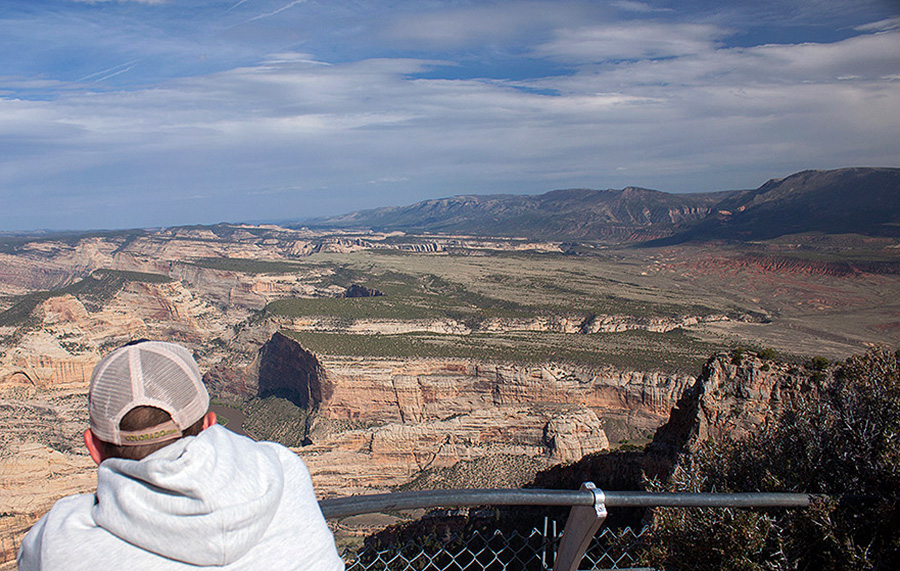
The monument straddles the Utah and Colorado border, with 210,000 acres of high desert, wildlife, and the 149 million-year-old namesake fossils. The park has six campgrounds to choose from. To really get away from it all, check out the Echo Park or the Gates of Lodore campground.
4. North Cascades National Park, Washington
The Evergreen State gets on this list again with North Cascades National Park. Located just three hours from busy Seattle, the park’s overnight options are closely regulated to allow for more quiet camping.
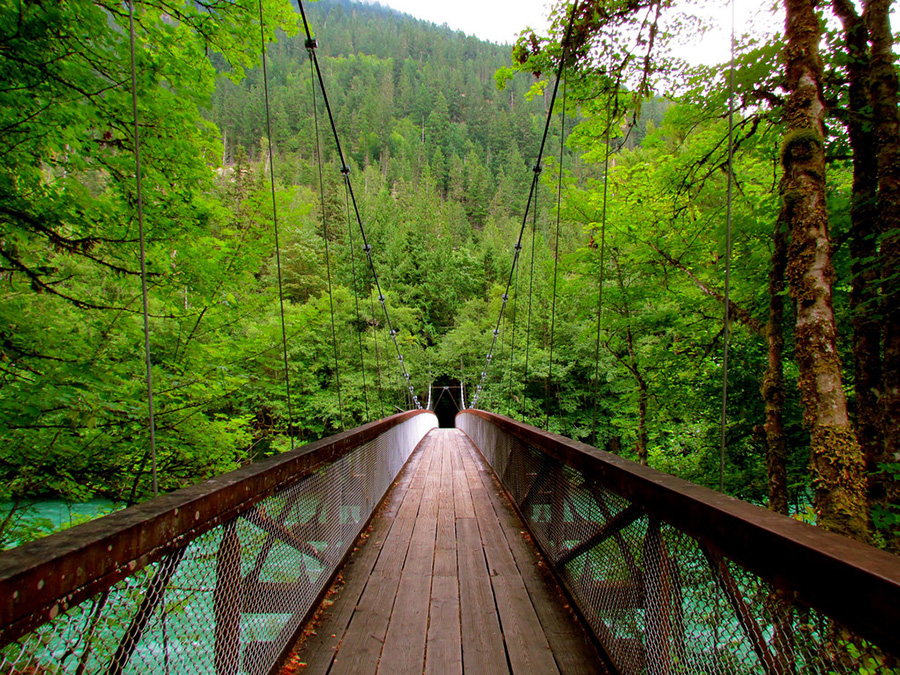
North Cascades Park is best known for its backcountry hiking, bird watching, and the tiny community of Stehekin—which can only be reached by hike, boat/ferry, or small plane. The top campgrounds here include the first-come, first-served Goodell Creek Campground and the reservation-based Newhalem Creek.
See also: Take A Road Trip Through The American Alps
5. Wrangell-St. Elias National Park and Preserve, Alaska
What better way to get away from the hustle and bustle than by visiting America’s largest National Park? Encompassing over 13.2 million acres, Wrangell-St. Elias National Park and Preserve lies between the southern part of Alaska and part of Canada’s Yukon Territory.
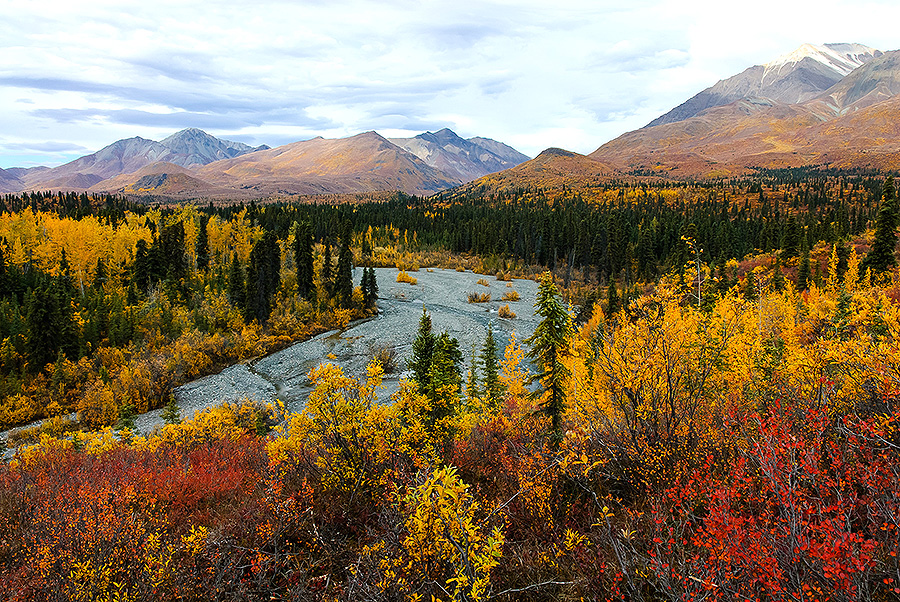
It’s quite a trip to get there, but once you land in the park there’s plenty to do—like hiking, backpacking, river rafting, and fishing.
Unfortunately, there aren’t many campgrounds in the park that can accommodate RVs. The best option is to find a spot at Base Camp Root Glacier, located at the very end of McCarthy Road. In addition, Nabesna Road just north of the park has pullout spots where you can park and sleep.

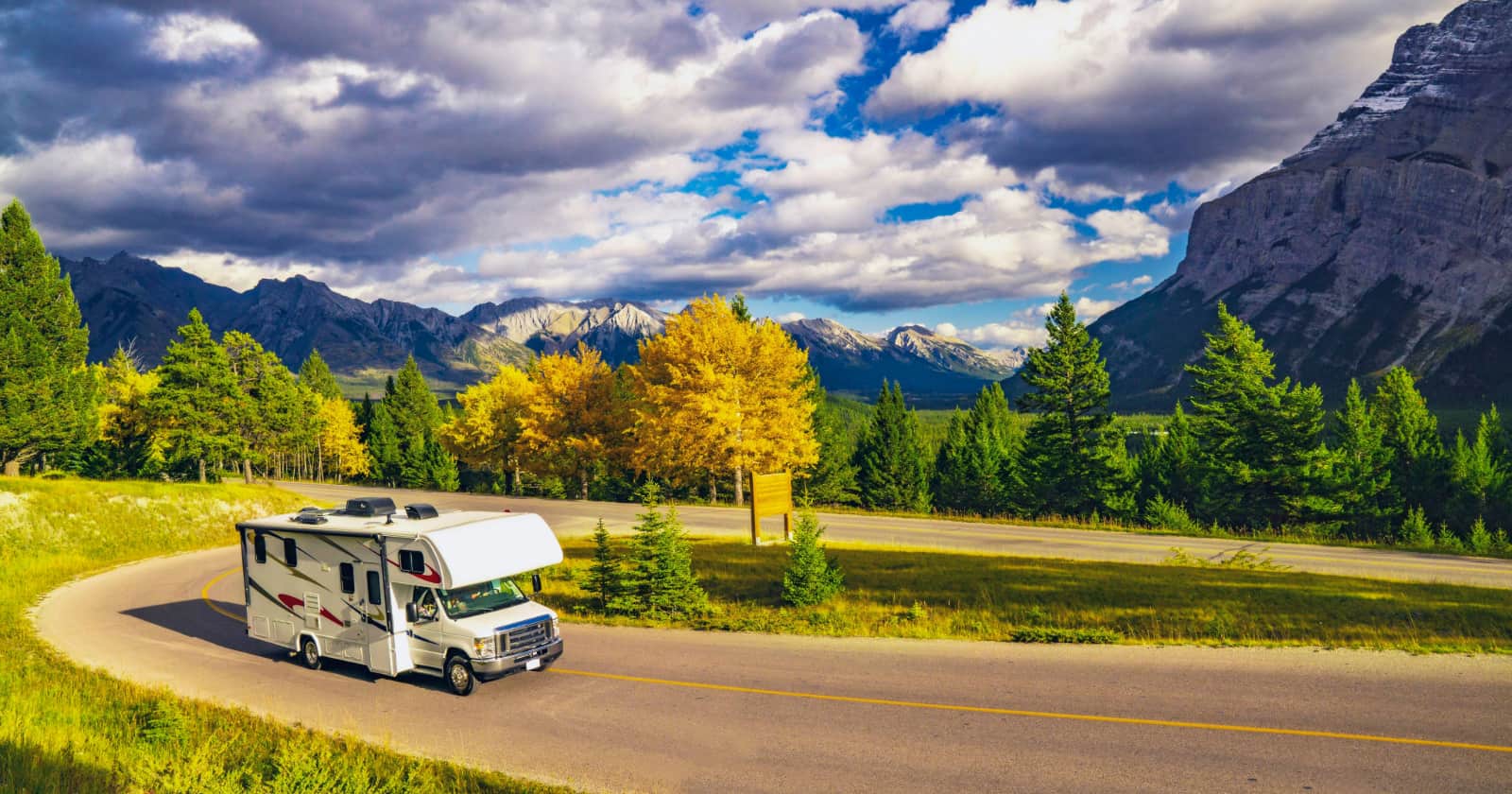


So many in the West because there are so many people East of the Mississippi.
There’s some State Parks that are exceptional when you want peace and quiet also. And the ones I know of are East of the Mississippi ! Just saying because if you find a National Park anywhere and tell your neighbors about it – it is no more a quiet park !